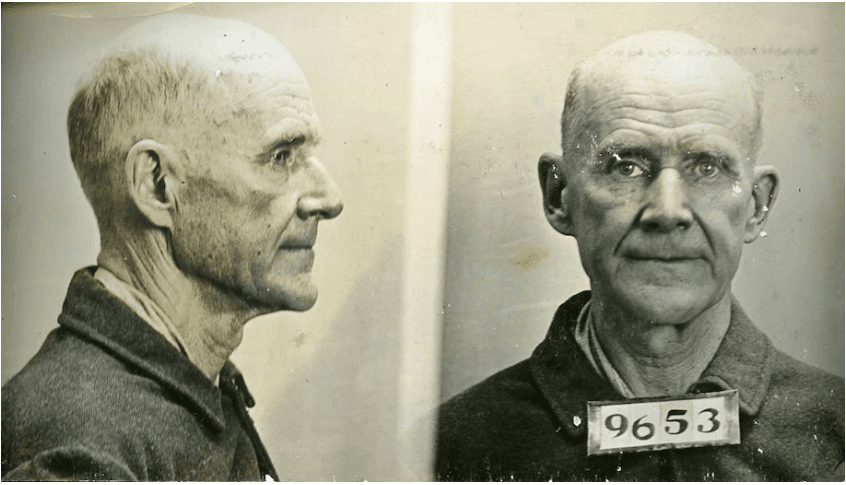Can a candidate run for office in America while incarcerated? For the most part, yes. In fact, while it is rare, the Unites Sates has a curious history of jailhouse political campaigns, some of which were successful.
Article One of the U.S. Constitution requires that members of the House and Senate fulfill three requirements:
- All members of the House must be at least 25 years old, and members of the Senate must be at least 30 years old.
- Members of the House must have been a U.S. citizen for at least seven years, and members of the Senate must have been a U.S. citizen for at least nine years.
- They have to be an “inhabitant” of the state “when elected.”
Since a State does not have the authority to add qualifications for federal offices, the fact of conviction, even for a felony offense, could not be used to keep a candidate off of the ballot under State law either as a direct disqualification of convicted felons from holding or being a candidate for office, or as a disqualification of one who is no longer a “qualified elector” in the State. Once a person meets the three constitutional qualifications of age, citizenship and inhabitancy in the State when elected, that person, if duly elected, is constitutionally “qualified” to serve in Congress, even if a convicted felon.As reported May 24 by The Epoch Times, Jan. 6 prisoner Jeremy Brown, 47, is running for the Florida House of Representatives. What makes his campaign unique to the Sunshine State is that he is conducting his campaign from a jail cell. Brown is currently being held in Pinellas County Jail on two misdemeanor charges—entering and remaining in a restricted building or grounds and disrupting the orderly conduct of government business—related to his presence at the U.S. Capitol in Washington on Jan. 6, 2021.





